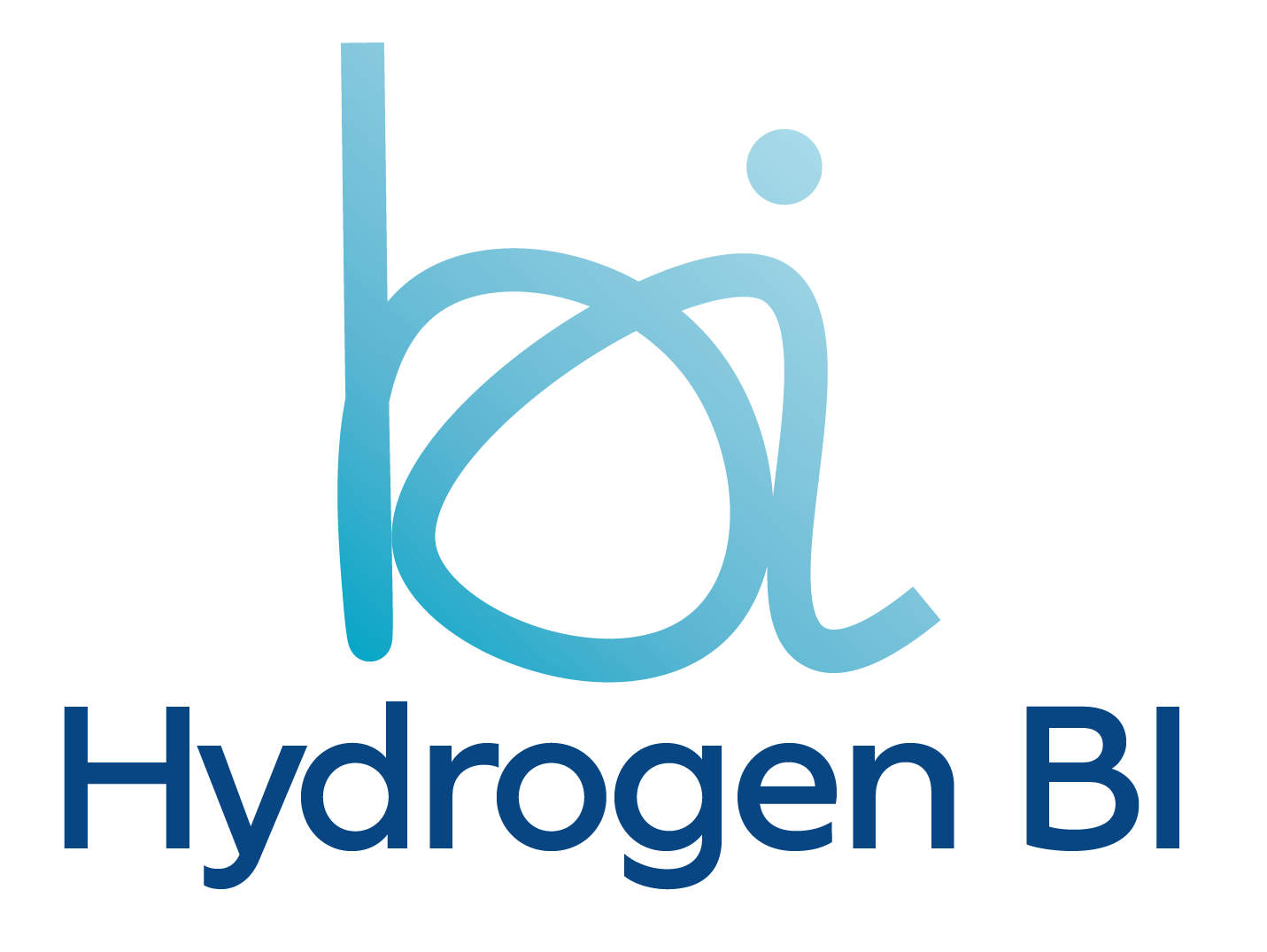Love Your Data: Best Practices for Data Management
- Adam Eaton

- Feb 14, 2025
- 4 min read
Updated: Mar 13, 2025

In the digital age, data is the lifeblood of any organisation, driving decisions, strategies, and growth. However, just like any relationship, our connection with data management requires care, attention, and best practices to thrive.
In this blog, we'll explore why you should love your data and the importance of maintaining its integrity and accuracy, the benefits of regular data audits and clean-ups, and how to foster a culture that values data quality within your organisation. By following these best practices, you can ensure that your data remains a reliable and powerful tool for your business.
Ensuring Integrity and Accuracy
Maintaining the integrity and accuracy of your data is crucial for making informed business decisions. Here are some essential tips to help you keep your data in top shape:
Regular Data Validation: Just as you would regularly check in on a loved one, it's important to validate your data consistently. Regular data validation helps to identify and correct errors, ensuring that your data remains accurate and reliable. This process involves cross-referencing data entries with source documents and using automated tools to detect anomalies.
Standardisation: To treat your data with care and consistency, standardising data entry processes across your organisation is key. Implementing standard formats for dates, names, and other critical fields can significantly reduce errors and discrepancies. This practice ensures that everyone in the organisation follows the same guidelines, making the data more uniform and easier to manage.
Use of Technology: Embrace technology to help maintain data integrity. Utilise data validation software and automated error-checking systems to keep your data clean and accurate. These tools can help you catch mistakes early, reducing the risk of data corruption and ensuring that your data remains a reliable asset.
By following these tips, you can ensure that your data remains a valuable resource for your organisation. When you take the time to love your data, it will reward you with accurate and actionable insights.
Data Management: Regular Audits and Clean-ups
Regular data audits and clean-ups are essential practices for maintaining the health and efficiency of your data. Here are some key benefits and tips for implementing these practices:
Identify and Correct Errors: Just as regular check-ups are important for maintaining good health, regular data audits help identify and correct errors in your data. By systematically reviewing your data, you can spot inconsistencies, duplicates, and inaccuracies that may have crept in over time. Correcting these errors ensures that your data remains reliable and trustworthy.
Improve Efficiency: Clean data is efficient data. When your data is free from errors and redundancies, it becomes easier to manage and analyse. This efficiency translates into faster decision-making and more accurate insights. Regular clean-ups help streamline your data processes, making your organisation more agile and responsive.
Compliance: In today's regulatory environment, maintaining clean and accurate data is not just a best practice—it's a necessity. Regular data audits help ensure compliance with industry regulations and standards, such as GDPR or HIPAA. By keeping your data in check, you can avoid potential fines and legal issues, and build trust with your customers and stakeholders.
By keeping the spark alive with regular data audits and clean-ups, you can ensure that your data remains a valuable asset to your organisation. These practices not only improve the quality of your data but also enhance your overall business performance.
Building a Data-Driven Culture: Valuing Data Quality
Creating a culture that values data quality is essential for ensuring that your organisation consistently benefits from accurate and reliable data. Here are some strategies to foster such a culture:
Training and Education: Educate your employees on the importance of data quality and best practices for data management. Regular training sessions can help employees understand how their actions impact data integrity and why it's crucial to follow established protocols. Providing resources and ongoing education ensures that everyone is equipped with the knowledge to handle data correctly.
Leadership Support: Leadership plays a pivotal role in setting the tone for a data-driven culture. When leaders prioritise data quality and demonstrate its importance through their actions and decisions, it sends a clear message to the entire organisation. Encourage leaders to champion data quality initiatives and to lead by example.
Incentives and Recognition: Recognise and reward employees who contribute to maintaining high data quality. Implementing incentive programs can motivate employees to take data management seriously. Whether through formal recognition, bonuses, or other rewards, acknowledging the efforts of those who uphold data quality standards can reinforce the importance of this practice.
By fostering a culture that values data quality, you can ensure that your organisation consistently benefits from accurate and reliable data. When everyone in the organisation is committed to loving their data, the entire business reaps the rewards of better decision-making and improved efficiency.
Conclusion
By following best practices for data management, you can ensure that your data remains a valuable asset to your organisation.
At Hydrogen BI, we provide the tools and insights you need to manage your data effectively. Our cutting-edge business intelligence platform automates data collection, offers real-time insights, and provides customisable reports and advanced analytics.
When you love your data, you not only improve the reliability and efficiency of your data but also empower your organisation to make better, more informed decisions.






